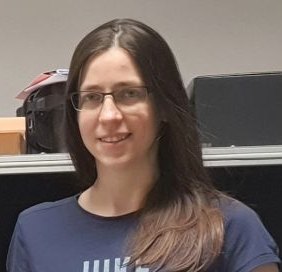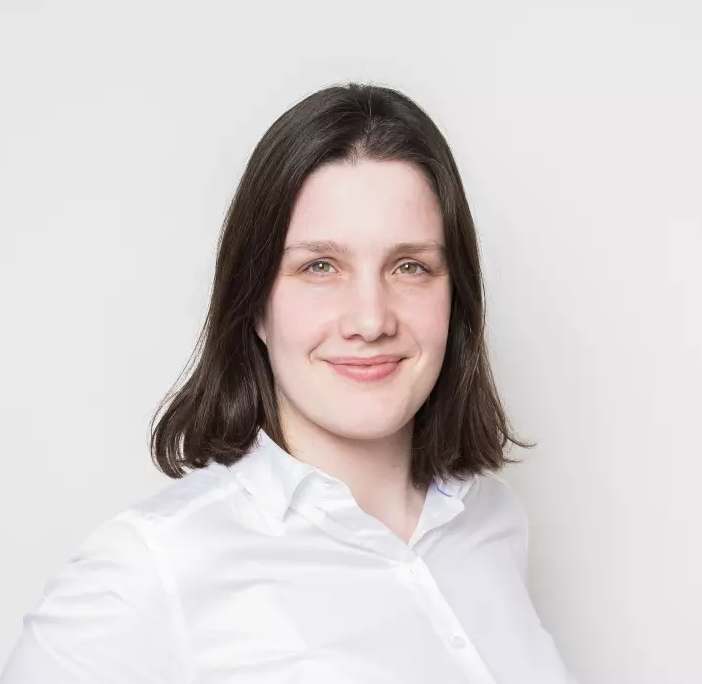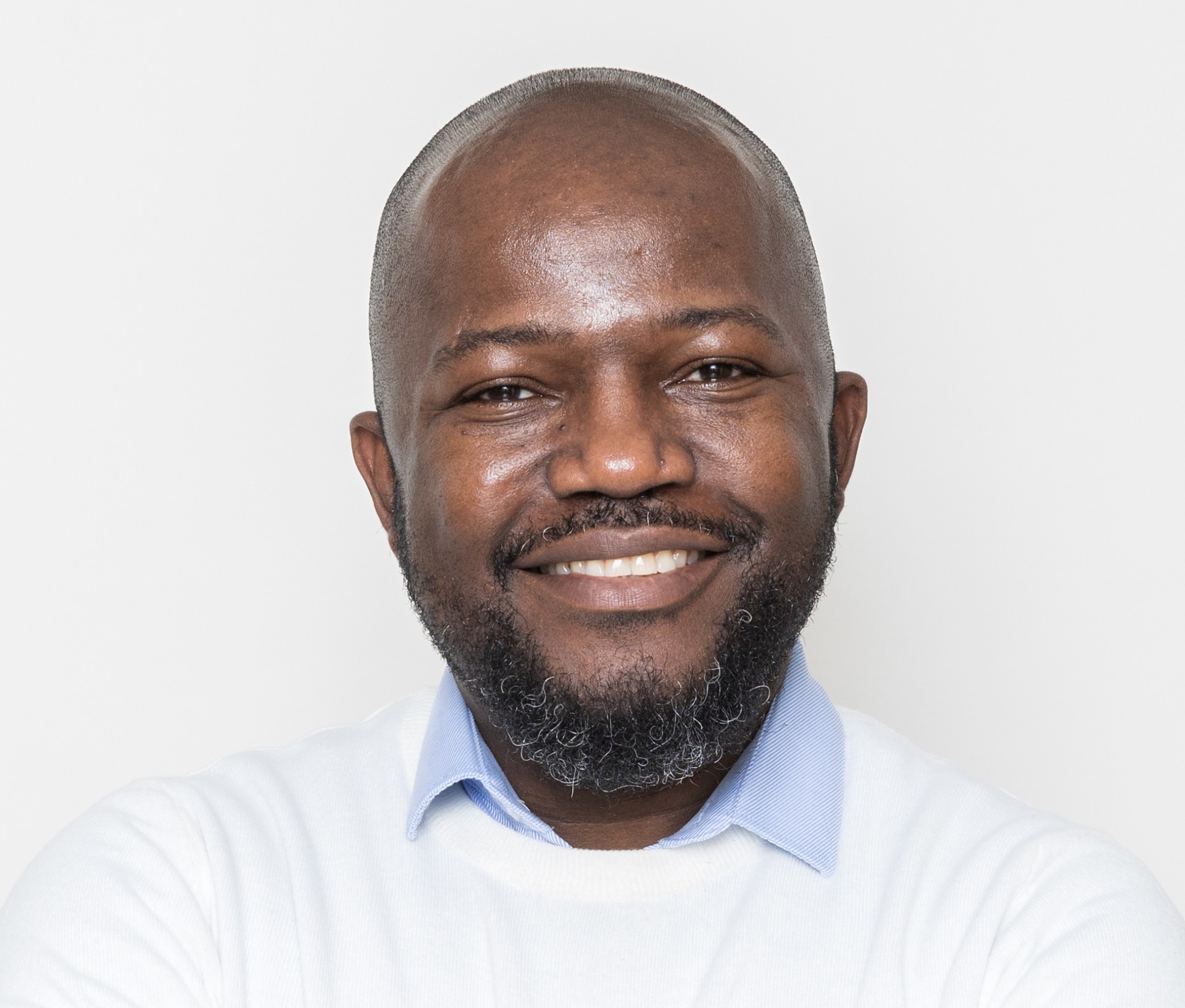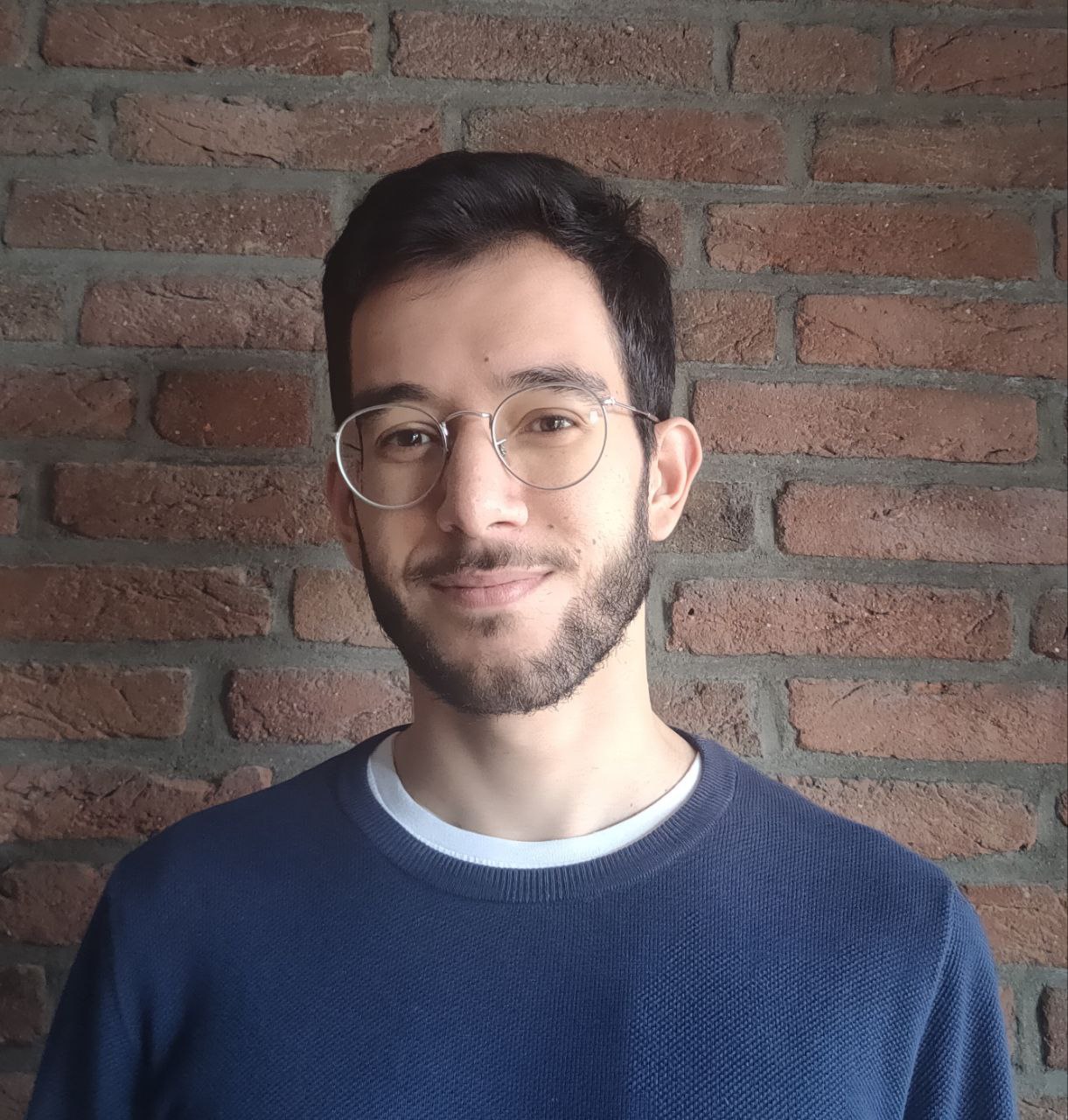Nur Jomhari - Interview
PORTRAIT | Interview / PHGS
Nur Zulaiha Jomhari completed her doctorate in Particle Physics in 2022 in the Compact Muon Solenoid (CMS) group at DESY. Her dissertation “Measurement of Total and Differential Charm Cross Sections at 7 TeV with the CMS Detector” was supervised by Achim Geiser and Elisabetta Gallo at the Universität Hamburg. Currently, she works at the DESY Maschine Strahlkontrollen (MSK) group as a research scientist. In an interview with us, she talks about her doctorate and her time as a member of PIER Helmholtz Graduate School (PHGS).
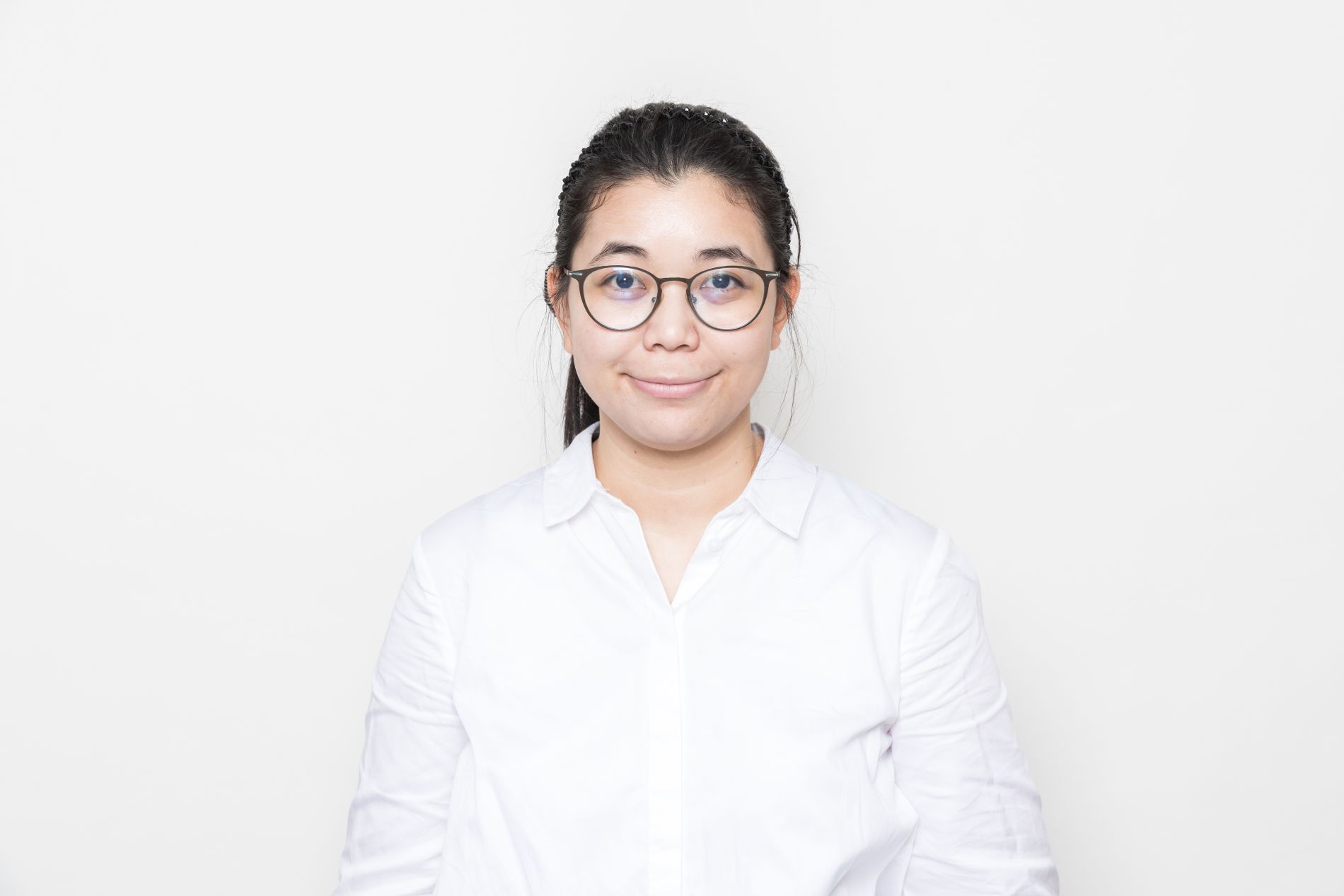
Could you briefly describe the CMS group where you did your doctorate?
CMS group at DESY is very international. We are part of Large Hadron Collider (LHC) experiment at CERN. Our activities range from physics analysis, data monitoring and hardware projects.
Which offers of PIER/PHGS did you use during your doctorate?
I attended several transferable skills trainings, German language classes and events for women such as the Women’s Career Day. In addition, I signed up for the PIER PhD Seminar and the PIER Graduate Week and also received the PHGS Certificate and PHGS Transcript of Records.
How did you benefit from the offers of PIER/PHGS?
Reflecting on career options made me think a lot on which path I want to take after my doctorate and which field I want to work on. Also, with German language skills, I got better job interviews & opportunities in Germany.
Would you recommend the membership in the PHGS to other doctoral researchers?
Yes, I would definitely recommend the membership in the PHGS to other doctoral researchers. They offer many interesting events, courses and programs from which doctoral researchers can benefit. One may choose which one suits/interests them the best and most importantly it is fully sponsored by PIER! :)
How did you benefit from the offers of the doctoral initiative on Campus Bahrenfeld, DOIT?
I got to know other doctoral students while enjoying fun activities together that are organized by DOIT.
Can you describe in one or two sentences why you think DOIT is useful for doctoral students of the PHGS?
It is good to know other doctoral students. DOIT is also the place where you can voice your opinion, give suggestions and discuss about questions you might have to improve your life as a doctoral student.
Did you move to Hamburg for your doctorate? If so, where did you live before? Have you been to Hamburg before?
Yes, I moved to Hamburg for my doctorate. Previously, I lived in Kuala Lumpur, Malaysia. I did come to DESY Hamburg twice for a short period of time during my Master degree for my thesis.
What were your favorite place/s in Hamburg during your doctorate (and why)?
Asian restaurants. Surprisingly, they have a lot of delicious food varieties and it helps me when I miss my home country.
Can you describe in one or two sentences what you particularly like (most) about Hamburg and your life here? How bad is the weather really in Hamburg?
My life in Hamburg is great because I have the right to be who I am. Hamburg is also a very international city and I got to know a lot of different people around the world. Most of the time, I honestly like Hamburg’s weather.
Please finish the following sentence: I never regret to have come to Hamburg because…
… it is an international city and also the first city that gave me the opportunity to study abroad.
Do you have a personal advice for all doctoral candidates?
If you are not used to European culture, communication is really important. Express yourself, be honest with how you feel, learn how to say no, prioritize your own work. Keep moving forward, even though it is a small step. In the end, we all have the same goal: contributing to science :)
What do you wish you had known before you started your PhD (in Hamburg)?
My rights as a professional worker in Hamburg, benefits you get living and working in Hamburg and career opportunities in the future.
Thank you very much, Nur, and all the best for your future!
